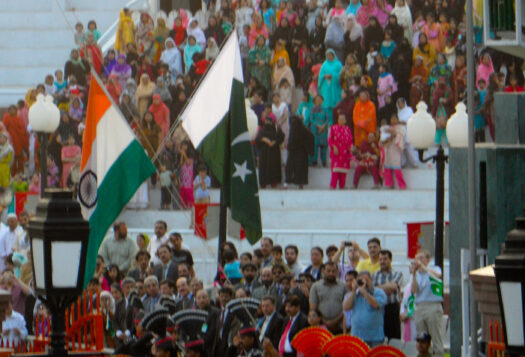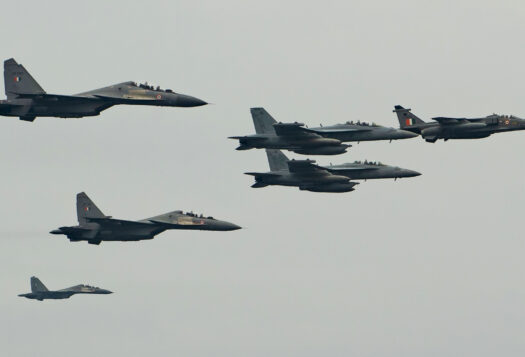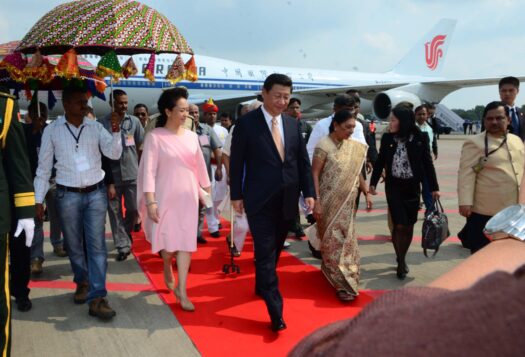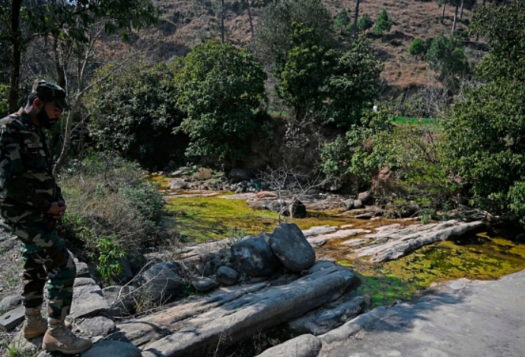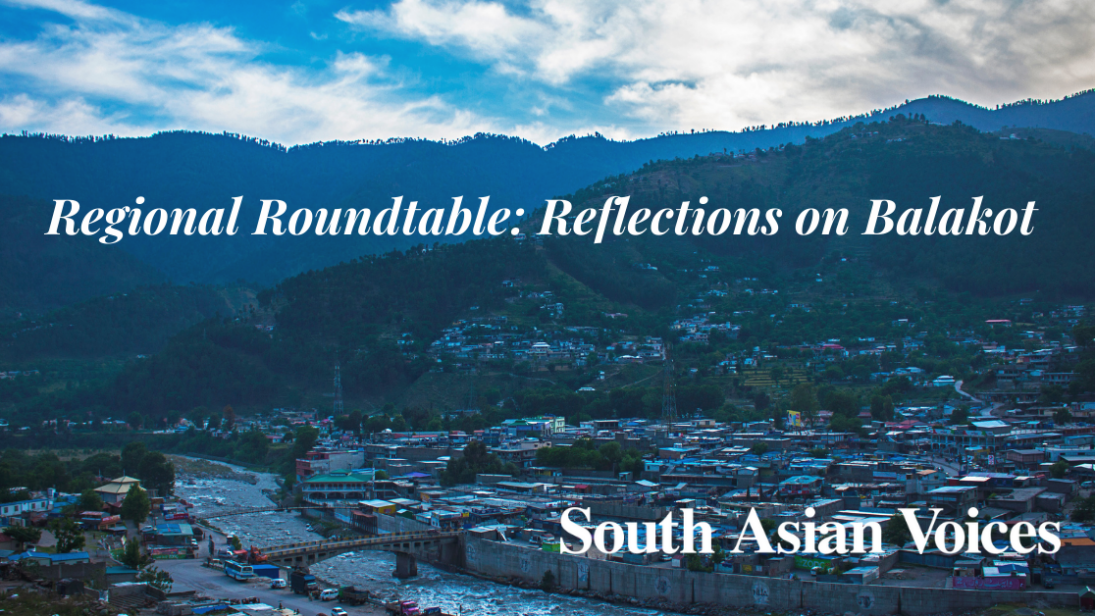
On February 14, 2019 a suicide bombing on an Indian paramilitary convoy in Pulwama in Indian Administered Kashmir killed at least 40 security personnel. The attack, carried out by a young Kashmiri man named Adil Ahmad Dar and claimed by Pakistan-based militant group Jaish-e-Mohammed (JeM), sparked levels of escalation between the two nuclear-armed states that had not been witnessed in decades. On February 26, India responded with airstrikes against in Balakot, located in Pakistan’s Khyber Pakhtunkhwa Province, which it later declared preemptive strikes targeting a JeM training camp. Pakistan retaliated the next day on February 27th with strikes in the Rajouri sector of Jammu, resulting in an aerial dogfight between the Pakistani and Indian Air Force. Tensions esclated further with the capture of an Indian pilot who had ejected over Pakistani territory during the aerial dogfight, an de-escalated following Pakistan’s return of the pilot.
Three years after the Pulwama/Balakot crisis, contributors from India, Pakistan, the United States, and China reflect on the escalation that took place, the lessons of the crisis, and the emerging trends to watch in the years ahead. In this series, Lt. Gen. Deependra Singh Hooda (retd.) looks at the ways both India and Pakistan were able to claim victory after the crisis, he notes: “The scale and scope of India’s military options against Pakistan in response to major terrorist attacks has indeed widened. However, the fears that this will lead to a swift escalation with the looming danger of a nuclear exchange are overblown.” Brig. Imran Hassan meanwhile emphasizes that, “For Pakistan, the lessons from 2019 represent a dangerous move towards limited war below the nuclear threshold.”
In an interview with the South Asian Voices editorial team Lisa Curtis, Deputy Assistant to the President and NSC Senior Director for South and Central Asia from 2017-2021, reviews the successes and lessons learned from the U.S. response and offers advice for future policymakers. Finally, Zhang Li, Professor of International Relations at the Instiute for South Asian Studies at Sichuan University, examines China’s role in mediation and perceptions of the crisis.
Read the full series below:
Image: Uzair Wali Muhammed via Wikimedia Commons (modified)
